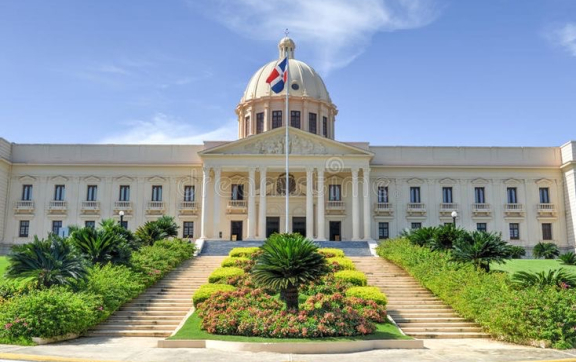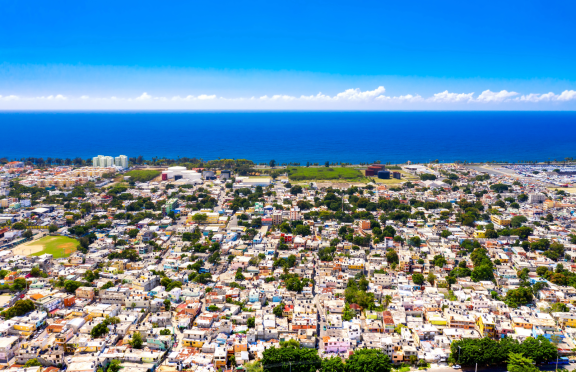
Dominican Republic
Emigrate to Dominican Republic: Find out the most important information for your stay here
Located between the Atlantic Ocean and the Caribbean Sea, the Dominican Republic is known for its beautiful beaches and diverse landscape, ranging from rainforests to majestic mountains. The country is home to impressive sights such as the Los Haitises National Park and the historic old town of Santo Domingo, which is a UNESCO World Heritage Site. Cities such as Punta Cana and Santiago are home to luxurious resorts, lively markets and first-class restaurants. For many thinking about emigrating to the Dominican Republic, the country offers an enticing mix of rich culture, breathtaking nature and modern living standards.
Facts about Dominican Republic
Capital City
Santo Domingo
Population
11,2 million
Surface Area
48.442 km² or 18703,56 mi²
Continent
North America
Official Language
Spanish
Currency
Dominican peso (DOP)
Emigrating to Dominican Republic: An overview of the political system
Anyone wishing to emigrate to the Dominican Republic will find a democratic presidential republic consisting of 31 provinces and the National District. The 2010 constitution guarantees basic human rights and the principles of the rule of law. The political system comprises an executive branch headed by the president and a legislative branch with two chambers: the Senate and the Chamber of Deputies, in which various political parties are represented.
Despite occasional challenges to the independence of the judiciary, constitutional provisions are largely respected in the Dominican Republic. Political elections are held regularly and allow citizens to elect their representatives. For emigrants, the Dominican Republic's political system provides a stable basis for integrating into social life and actively participating in the country's political development. Emigrating to the Dominican Republic therefore not only opens up new life prospects, but also the opportunity to participate in a dynamic political process.

Climate in Dominican Republic: Important information for emigrants
For anyone emigrating to the Dominican Republic, the climatic conditions are a decisive factor. The climate is tropical and warm all year round, with temperatures typically around 30 degrees Celsius. In the south of the island, the climate is predominantly subtropical. Temperatures vary only slightly between summer and winter: In summer it is 30 to 33 degrees, while in winter the values are between 24 and 28 degrees.
There is rainfall all year round, especially from May to October, while the months from February to April are the driest time of the year. Water temperatures vary between 25 degrees in winter and up to 30 degrees in the fall, making the Dominican Republic an attractive destination for water sports enthusiasts.
It is important to be aware that there is a risk of hurricanes from August to October. For expats, this means preparing for seasonal weather conditions and planning accordingly to make the most of life in this tropical paradise.

Healthcare system in Dominican Republic: Important facts for emigrants
In the Dominican Republic, medical care is well structured, with few individual medical practices, as private doctors are mostly organized in medical centres. The public healthcare system is mainly based on hospitals, with free care in the public sector often being outdated. Private clinics, on the other hand, offer modern treatments, but are mainly concentrated in urban areas and tourist zones.
Those wishing to emigrate to the Dominican Republic should be aware that no mandatory vaccinations are required upon entry. However, it is recommended to consider vaccinations against hepatitis A and B, rabies and typhoid for longer stays. There is a risk of malaria all year round, but only in certain rural regions.

Emigrating to Dominican Republic: An overview of the economic situation and quality of life
In Dominican Republic, the gross domestic product per capita amounted to 11,186.96 US dollars in 2023. The Gini coefficient of wealth describes the distribution of wealth. The indicator is an established, internationally comparable measure of wealth inequality. It is measured on a scale from zero to one. The higher the value, the greater the inequality. The Gini coefficient in the USA is expected to be 0.40 in 2024 (source: Statista).
The standard of living is highest in the north of the country, while it tends to fall as you head south. The cost of living in Mexico is quite low compared to Europe. In Mexico City, you can get by on around 700 to 1,000 euros per month, while life in the countryside is even cheaper, especially when it comes to food. Mexico has made considerable progress in improving the quality of life of its citizens in recent years. Nevertheless, Mexico ranks below average in the Better Life Index compared to other countries in terms of income and wealth, employment, life satisfaction, health, environmental quality, social relations, security and education. For many people considering emigrating to Mexico, the country offers an attractive option despite these challenges due to its low cost of living and cultural diversity.

National holiday
Independence Day
The unique flag of the Dominican Republic
The flag of the Dominican Republic was designed in 1844 by Juan Pablo Duarte, the founder of the “Trinitaria”, and officially hoisted on February 27 of the same year, after independence from Haiti. It consists of the colors blue, red and white, which symbolize the blood of the liberators, freedom, progress, God's protection as well as peace and unity. A central white cross separates the four quarters, with the coat of arms and a Bible in the middle. The Dominican Republic is the only country whose flag features a Bible, opened at John 8:32: “And ye shall know the truth, and the truth shall make you free.” The flag is highly respected in the country.

Emigrate to Dominican Republic - Entry Requirements
Entry is possible for German nationals with the following documents:
- Passport: Yes
- Temporary passport: Yes, see note
- Identity card: No
- Temporary identity card: No
- Children's passport: Yes
When entering the Dominican Republic for tourist stays, travelers from the EU, Great Britain, Canada, the USA and other countries must ensure that their passports have a minimum validity for the duration of their stay. This regulation is initially valid until November 30, 2024. In addition, a valid return ticket must be presented.
It is important to note that the requirements and practices of individual airlines regarding the documents to be carried may differ from the government regulations.
It is therefore recommended that you check with your airline before you travel to avoid any possible inconvenience.

FAQs for emigrating Dominican Republic
Where can I find relevant information about my country of entry and the entry regulations that apply there?
We have compiled destination country information as well as entry requirements and customs information for many countries in the Relocation Service section of our website and are constantly expanding this section.
Can I use my own container that I already own for the move with DACHSER & KOLB?
For every removal, which we at DACHSER & KOLB always offer as a door-to-door (full service) removal, a container is rented for the duration of the removal. We therefore do not offer the option of using your own container.
Who is responsible for my move abroad and the services I need there?
As a FIDI member, we work abroad with selected, long-standing partners who work in accordance with our service standards.
Are my removal goods insured in the event of damage?
For every overseas move, we naturally cover transportation insurance at current value for the used household goods and personal belongings
What types of transportation do you offer for overseas relocation?
It is generally possible to carry out overseas removals via air freight or sea freight. In the case of sea freight, it is possible to ship the removal goods as additional cargo (“LCL shipment” with Liftvan) or with a container (FCL shipment in 20 feet, 40 feet or 40 feet high cube). We will be happy to discuss which option is best for you in a personal consultation.
When and how must the move be paid for and what is the payment deadline?
You will receive an invoice a few weeks after placing the order and pay the full amount directly in advance.
Do I have to pay taxes and customs duties on my removal goods?
Removal goods can be imported tax and duty-free into most countries if you have a valid residence permit. We will be happy to check the options for importing the removal goods for your desired destination country in a personal consultation.
Are you interested in moving to Dominican Republic or another destination country?
Then do not hesitate and contact us today.
Alexander Brugger
Teamlead Customer Service & Sales - AIR&SEA






